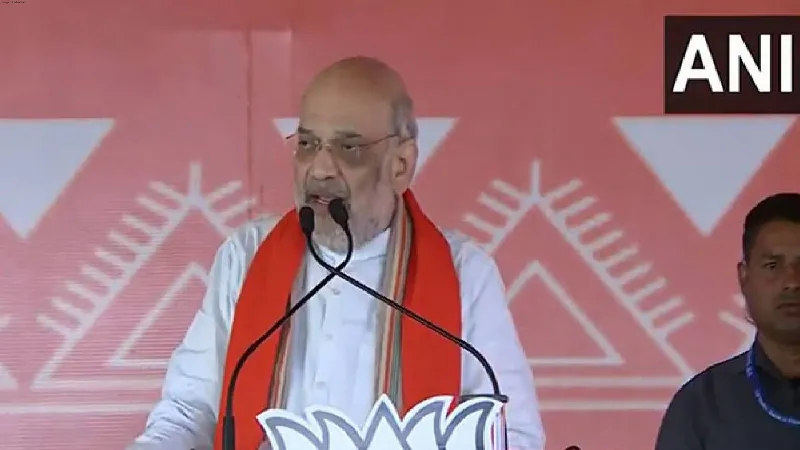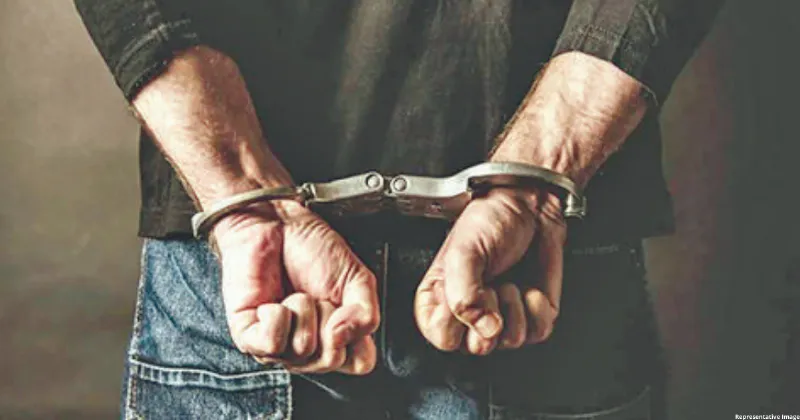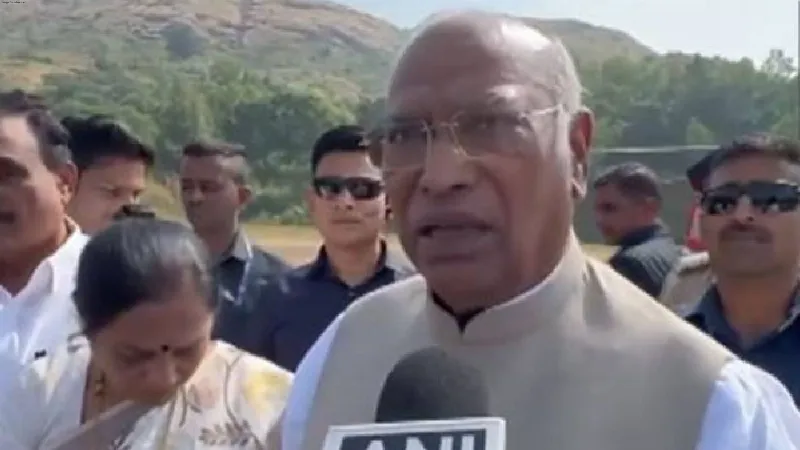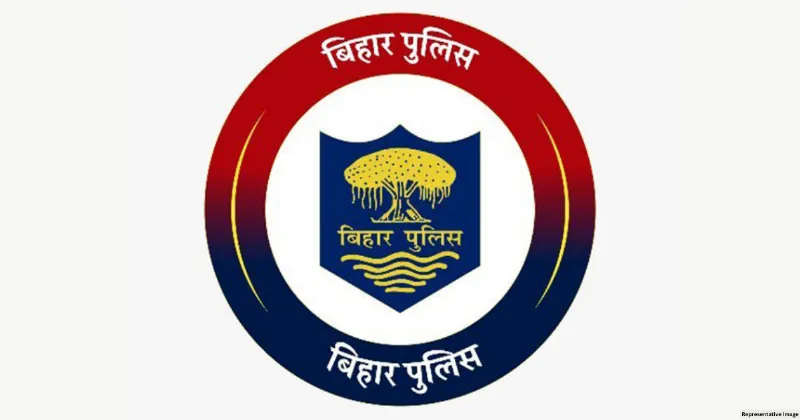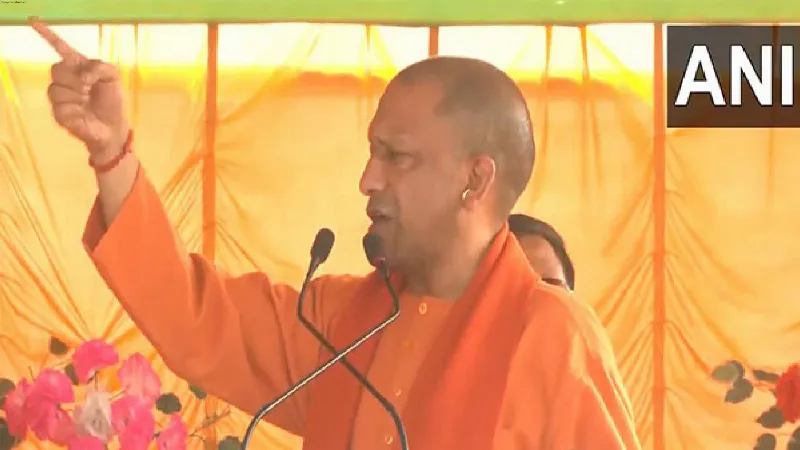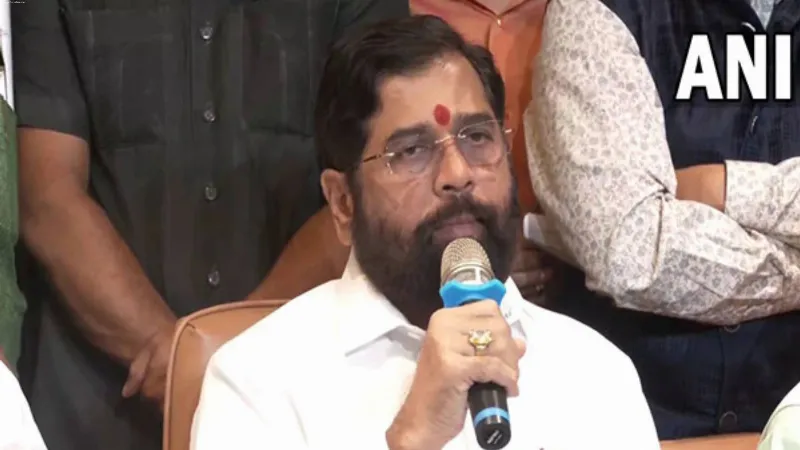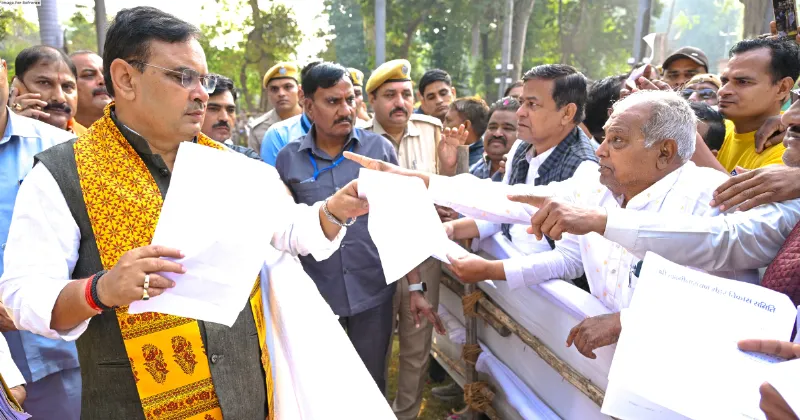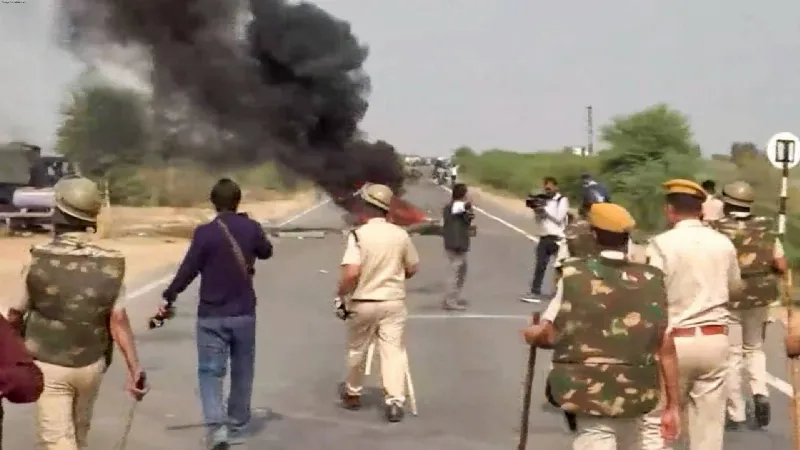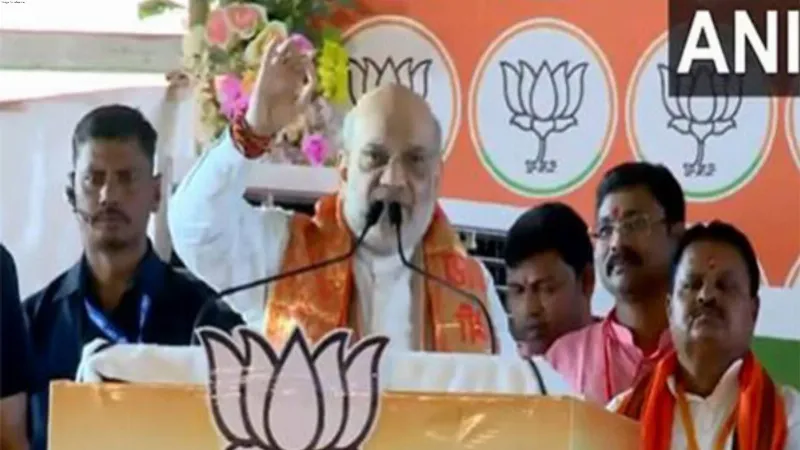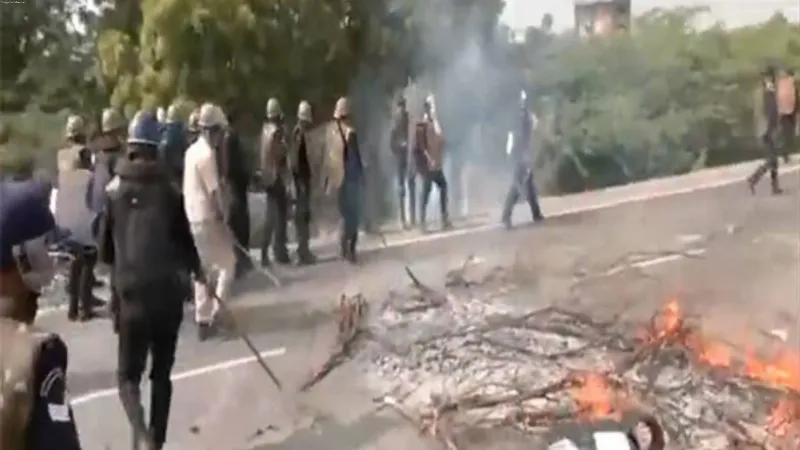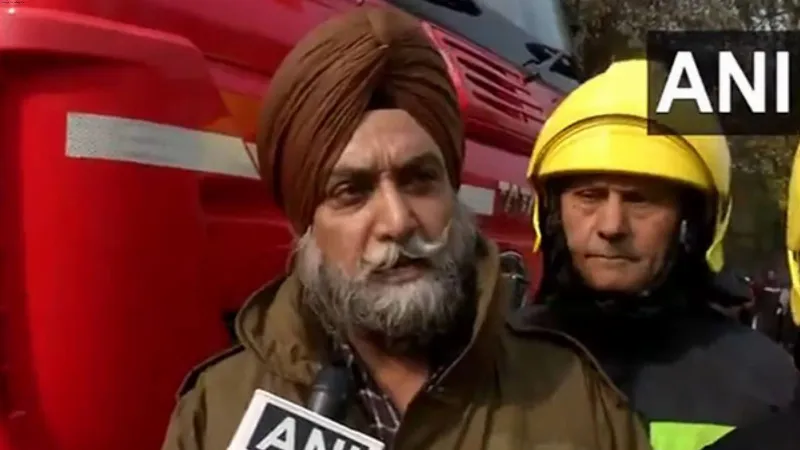Latest News
‘Missing Cells’ at Pandharpur reunite 1,600 pilgrims with kin
.png)
Mumbai: Special cells set up by police reunited over 1,600 devotees with their families and friends during the recently concluded Ashadhi Ekadashi festival at Pandharpur this year. Lakhs of devotees of Lord Vitthal-- who had missed an audience with him for two years owing to the COVID-19 pandemic--were reunited with the deity during the festival this year. A brainchild of Solapur district Police Superintendent, Tejaswi Satpute, the Missing Cells and ‘Teerthakshetra Chowkis’ (pilgrimage outposts) set up in and around the temple town of Pandharpur proved to be helpful. Children as well as elderly who got separated from their relatives or companions were able to reunite with their loved ones with their assistance.
Traditionally, devotees of Lord Vitthal walk to Pandharpur in western part of Maharashtra every year, and reach there on Ashadhi Ekadashi—the 11th bright day of the Hindu month of Ashadh. That is when the pilgrimage or ‘Wari’ culminates with a ‘darshan’ of the deity. As all restrictions enforced during the pandemic were lifted this year, nearly 15 lakh people descended on Pandharpur from various parts of the state and neighbouring regions on July 10, according to police estimates. District authorities had anticipated that this huge congregation would result in people getting separated from their companions. So five cells and around six ‘Teerthakshetra Chowkies’ were set up.
“With the help of Missing Cells and ‘Teerthakshetra Chowkies’, we could help reunite at least 1,640 people. Of these, 72 were kids who were lost in the crowd,” said Satpute. The Missing Cells were set up at a slightly higher level from the ground so that people could spot them easily from anywhere, she said. “Rigorous training was given to our staff and volunteers prior to the arrival of devotees in Pandharpur. A group leaders of warkaris (pilgrims) were also apprised of the facility,” added the SP. “Its utility was proven when we saw people approaching the Missing Cells or guiding others who needed help to these outposts. The ‘Teerthakshetra Chowkies’ functioned as help desks where devotees were given information about key sites in the town, roads, toilets, drinking water facilities, etc,” informed Satpute

